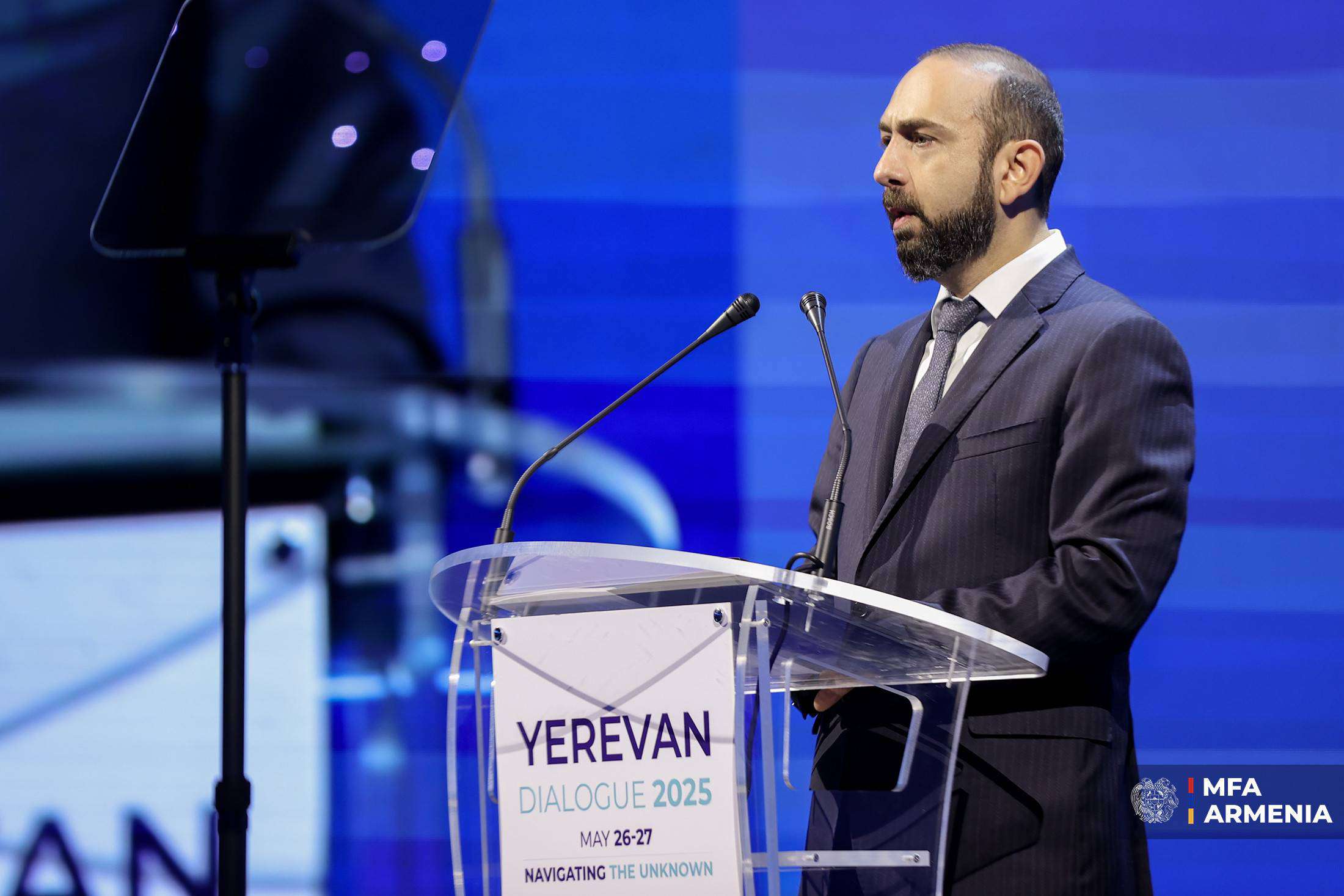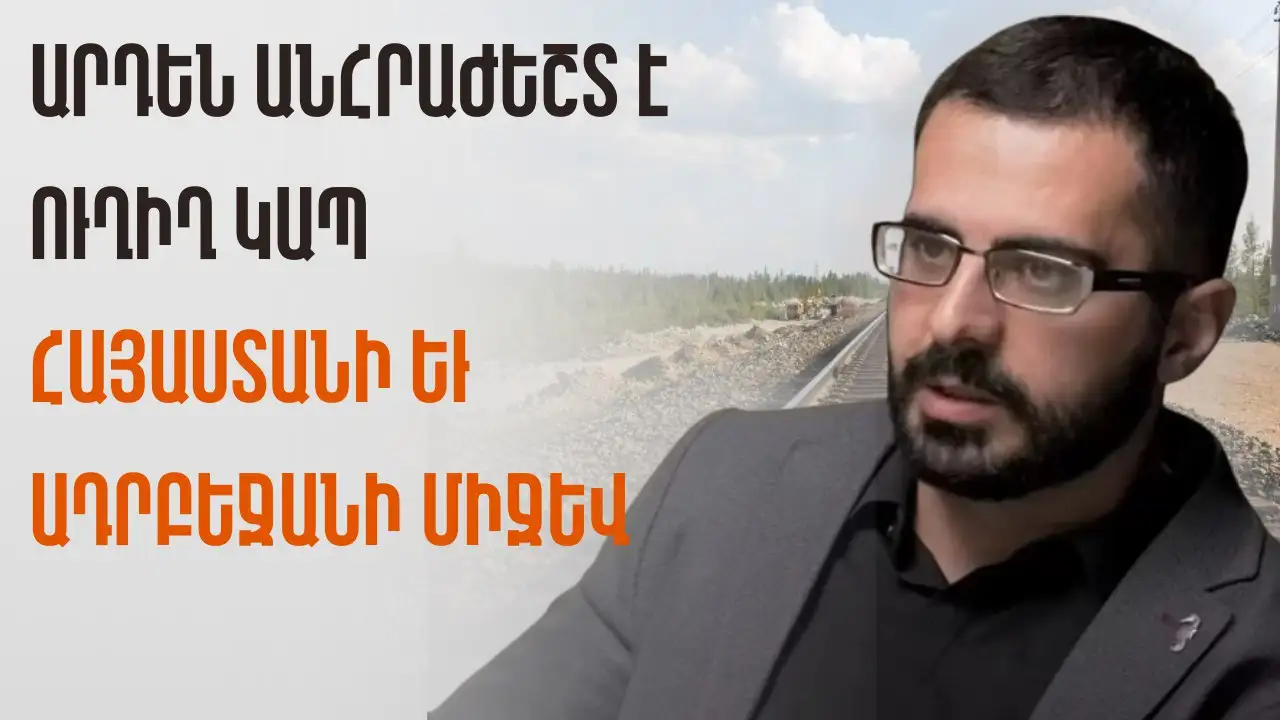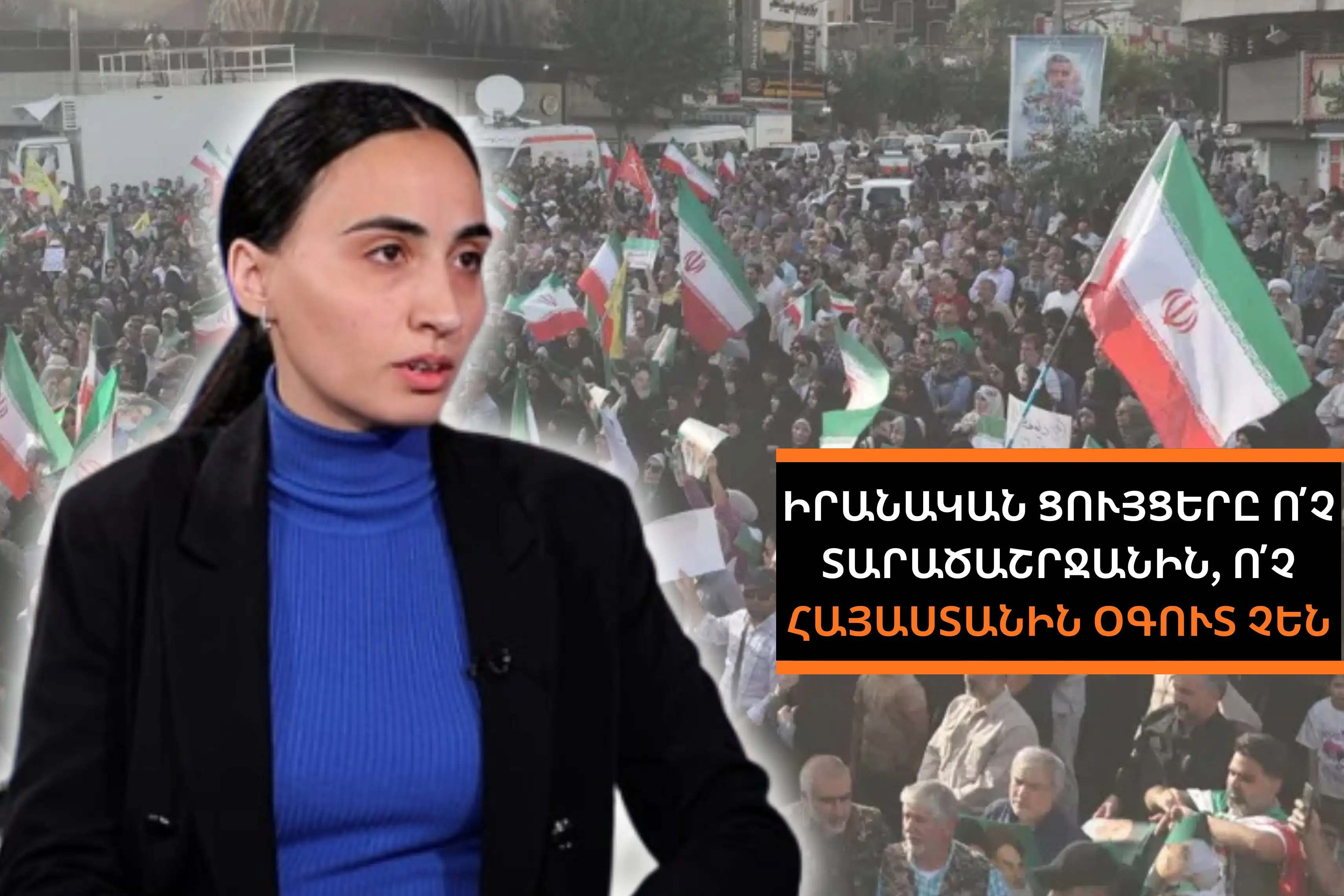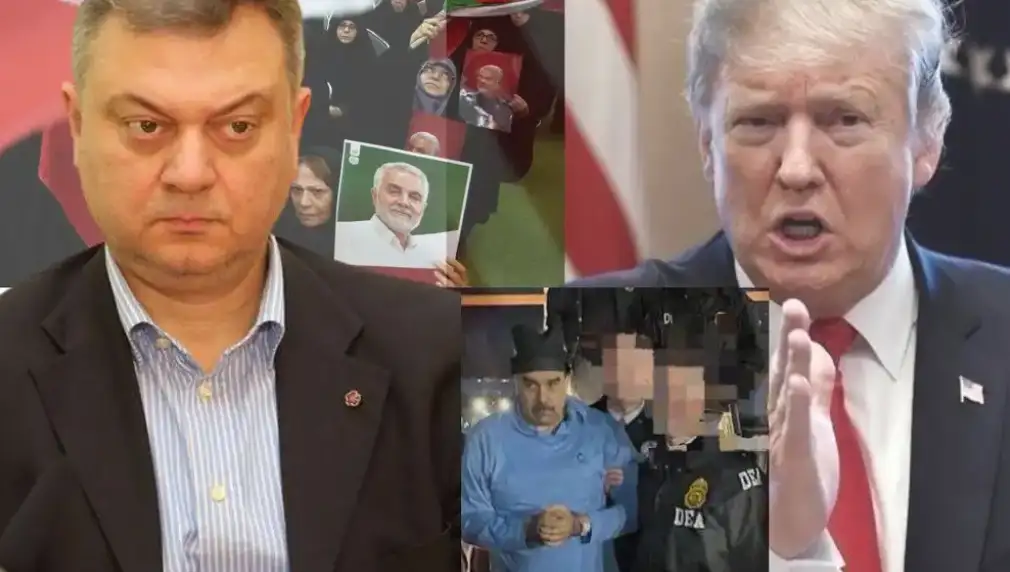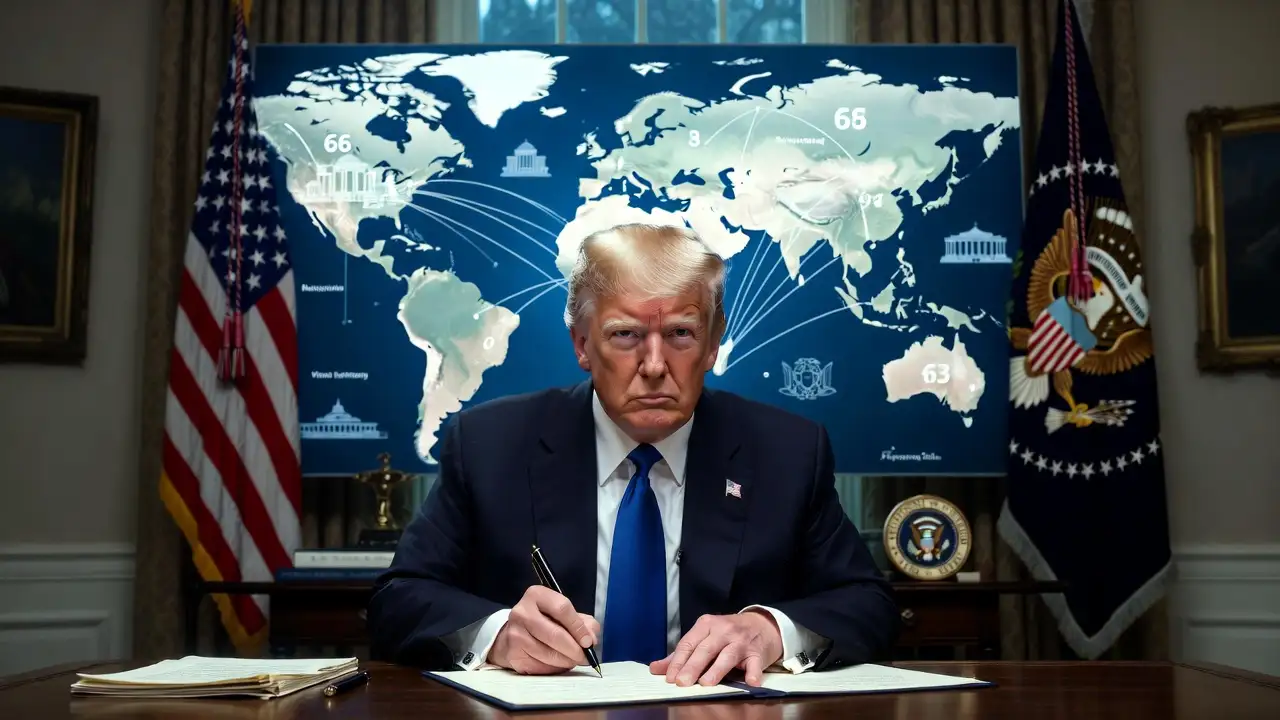RA Foreign Minister Ararat Mirzoyan delivered an opening speech at the Yerevan Dialogue 2025 International Forum. He said in particular:
“Honorable Mr. President of the Republic of Armenia,
Honorable Mr. Prime Minister,
Honorable Speaker of the National Assembly
Honorable Ministers, Deputies,
Your Excellencies, Distinguished Guests,
It is a great honor to welcome you to Yerevan for the second conference of the Yerevan Dialogue initiative. We are proud to host you in our capital within the framework of a forum that strives to be more than just a conference—a platform for reflection, cooperation, and predictions.
A moment ago, you watched on the screen how we had imagined the latest world-changing developments just two weeks ago under the title “Navigating through the Unknown.” It is clear how quickly the need for review has arisen, given how many new and significant events have occurred in just two weeks and how they will unfold tomorrow. While we have witnessed some positive and encouraging developments, we have also seen how many agreements have been reached or not. It is still unknown how many hybrid attacks have been carried out in just 14 days, how many homes have been destroyed by ongoing conflicts, and how many lives have been lost.
This year’s theme, “Navigating the Unknown,” perfectly fits the spirit of our time. The world is being transformed by seismic shifts in its geopolitical, economic, technological, and climatic contexts. Nations are losing their bearings in the confusion. One thing is sure about these changes: we all know that the path and ultimate destination that these changes will take remains vastly unknown.
In recent years, we have discussed many uncertainties, unusual phenomena, and developments in the world—things that no one believed could happen after the Second World War.
The foundations of the once-stable international order have been seriously shaken. The principles of international law, including territorial integrity and the inviolability of borders, which were once considered sacred, have lost their weight today. They now seem beautiful words, formulated in declarations and charters, but too often useless.
Alliances are gradually losing cohesion, and once unshakable ties are crumbling. The interests of former adversaries are unexpectedly converging, making allies bound by treaty obligations vulnerable and generally changing the existing mosaic.
The international consensus is being undermined against the backdrop of growing geopolitical tensions. Nuclear threat rhetoric has re-emerged in global discourse, reviving the deepest fears of the last century.
The EU, which began as a regional economic integration community but first and foremost as a peace project, is now discussing a “Rearmament of Europe” program to increase its defense budget significantly.
We are witnessing the deep wounds of a humanitarian crisis: hunger devours communities, supply chains are disrupted, and the shadows of terrorism, hate speech, and intolerance threaten the deepest foundations of human dignity and coexistence. Ethnic cleansing is no longer a distant horror. It is happening before our eyes, and we have witnessed it directly on our borders.
The suffering in Ukraine and Gaza is not isolated. They also reflect broader systemic failures.
What was once the specter of hybrid warfare has now become an undeniable reality. Disinformation and fake news are becoming weapons capable of undermining the very foundations of democracy.
Trade wars are escalating, fueled by unprecedented tariffs.
The race to master artificial intelligence increasingly ignores ethical considerations, removes safeguards, and bypasses controls, deepening anxiety about an unpredictable future.
The search for new energy sources is gaining momentum, with great potential to transform the global economy and the daily lives of millions of people.
The climate no longer follows the usual patterns: it melts one year and freezes the next.
Thus, humanity today faces a great Unknown.
Understandably, this creates a sense of chaos and panic among individuals, families, and nations. But this is not the first time we have been through the “Unknown.”
Recently, during the COVID-19 pandemic, human loss and fear have grown dramatically, transforming everything from interpersonal relationships and lifestyles to how we work and even our thinking instantly. No one knew what the post-pandemic world would be like. Still, history reminds us that humanity has already faced such severe pandemics on different scales and information ages. It is enough to recall the Black Death or the Spanish flu.
Despite their catastrophic human losses, the two world wars stimulated technological innovations that brought revolutionary changes in medicine, communication, and transportation.
Today, artificial intelligence is completely transforming industries, eliminating professions, and redefining the nature of work. It reminds us of the Industrial Revolution when the first production methods appeared.
Today, the simple fact that the Earth revolves around the Sun was once a vast discovery that challenged the worldview. This “unknown” was so incredible and frightening that one of the supporters of this theory, Giordano Bruno, was even burned at the stake.
The discovery of new continents and territories like the Americas opened up another dimension of the “unknown,” reshaping global consciousness.
From explorers crossing uncharted oceans to our earliest ancestors venturing beyond familiar hunting grounds, humanity has always been at the edge of uncertainty.
Our quest to explore the unknown dates back to early Homo sapiens, who accidentally discovered a very dangerous unknown: the power of fire.
So, this is not the end of the world. And if some people think we are facing the end of the world or describe our current reality as such, perhaps this is just one of many “ends of the world” we have experienced before.
Humanity has always exhibited what Nassim Nicholas Taleb calls “antifragility”: we don’t just endure trials; we emerge stronger from them. “The resilient withstand the shock and remain the same, while the resilient become better.” This also applies individually: each of us, having overcome a crisis, shock, or personal tragedy, has emerged more potent and resilient.
Scientific progress has frightened us, but as a result, we have found ourselves in more comfortable conditions, living healthier and longer lives. We now have more knowledge, more powerful tools, and stronger ways to connect globally than ever before. Indeed, by many standards, we are living in the most advanced period in human history.
The uncertainty facing us today is great, but we are better prepared than any generation before us. Moreover, such tectonic shifts also provide opportunities for progressive development if we can exercise sufficient prudence and wisdom to illuminate the path ahead and navigate the “Unknown.”
Dear friends,
Armenia has chosen the path forward: to overcome confrontation and promote cooperation, better connectivity, sustainable economic growth, increased adaptability and innovation, strengthening democracy and the rule of law, and focusing on human capital development. Creating such an environment for our citizens is a strategic priority for Armenia.
At the same time, we are confident that the opportunities that lie before us lie in strengthening the synergy between restoring respect for international law, a moral compass – loyalty to core values, and the ability to make bold decisions.
In our region, we are deciding to build a future not shaped by the pain of the past but by a vision full of optimism and hope, anchored in real opportunities.
History is known. It cannot be forgotten. It cannot be rewritten, including through the false narrative that some may try to promote. While scars remain and healing continues, we must move toward a better future.
However, peace is not an easily achieved goal. It is an ongoing process driven by bold diplomacy, mutual understanding, and trust-building.
Armenia’s vision is clear: to normalize relations with our two neighbors, fully respecting each other’s sovereignty and territorial integrity and excluding mutual territorial claims, and deepen traditionally friendly relations with others.
As we navigate a changing geopolitical environment, Armenia remains committed to strengthening its partnerships beyond the region. We have established strong strategic alliances with the United States, Europe, and Asia.
At the same time, we have actively promoted enhanced, broader connectivity, recognizing our country’s unique position at a true crossroads of civilizations and trade.
We are equally committed to contributing to shared challenges to confront global efforts. Armenia’s successful bid to host the Conference on Biodiversity, COP17, in Yerevan, as well as the recently announced European Political Community Summit in the spring of 2026, reflect our responsibility and engagement in the international arena.
—
Dear guests,
Today we have brought together decision-makers, intellectuals, activists and entrepreneurs not only to exchange ideas, but also to generate practical ideas. In this hall, filled with participants from different countries and sectors, an environment has been created that can not only respond to the future, but also shape it. The “Yerevan Dialogue” can generate diverse, yet potentially converging, responses, and, most importantly, propose concrete formulas and solutions.
It is not surprising that this year we have dedicated a special platform to youth, within the framework of the “Young Leaders” program. The perspectives of young leaders are not just valuable, they are vital. The heirs of tomorrow’s world bring new and fresh approaches to today’s challenges. Their digitally-formed identities, global connectivity, and innovative thinking are exactly what we need most these days.
In short, navigating the “unknown” is not a solitary journey, but a shared journey. Armenia reaches out to all who are ready to walk this path with integrity, imagination, and a shared vision of a world that embraces inclusion instead of isolation, wisdom instead of ignorance, and cooperation instead of confrontation.
I wish all of us profound and productive discussions during these two days.
Thank you.”




